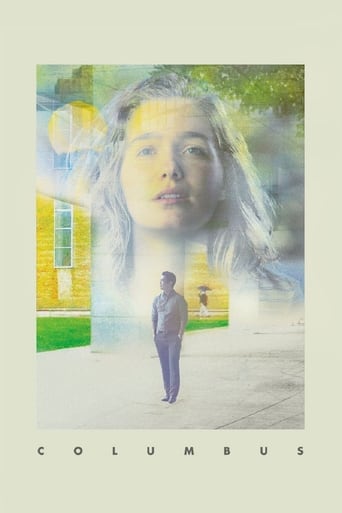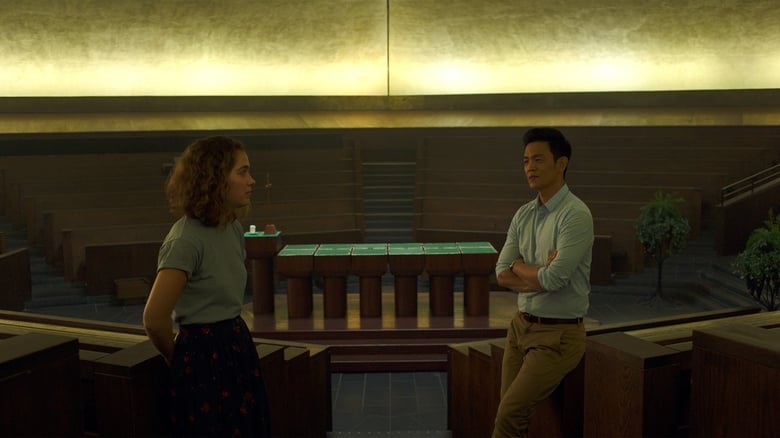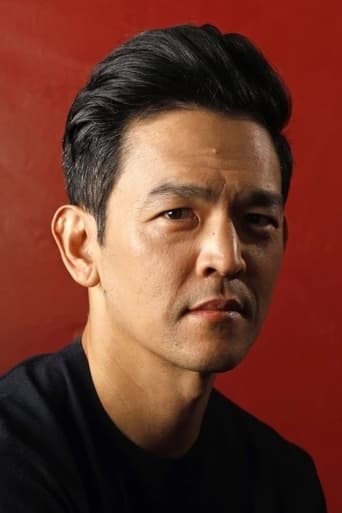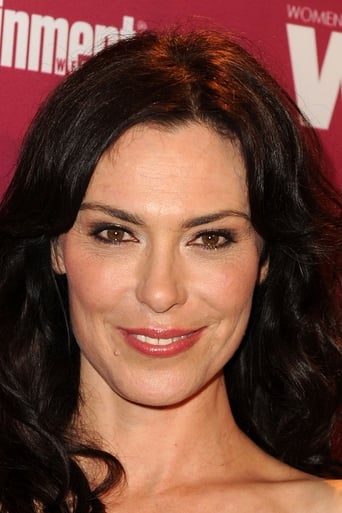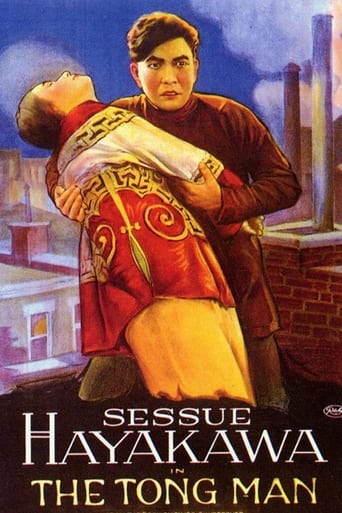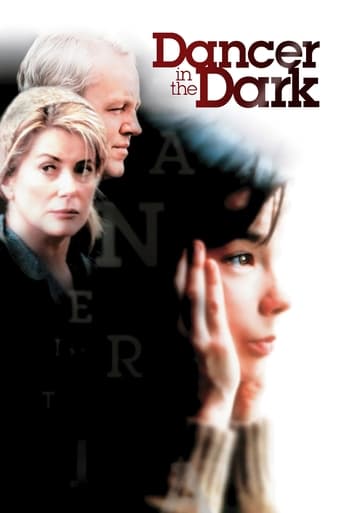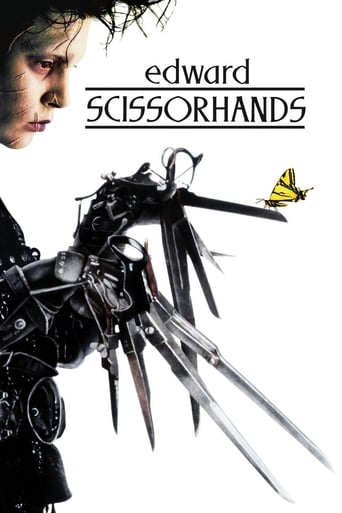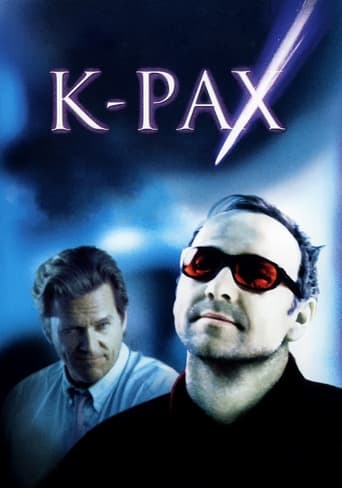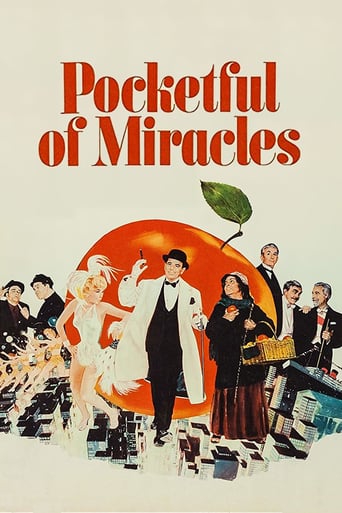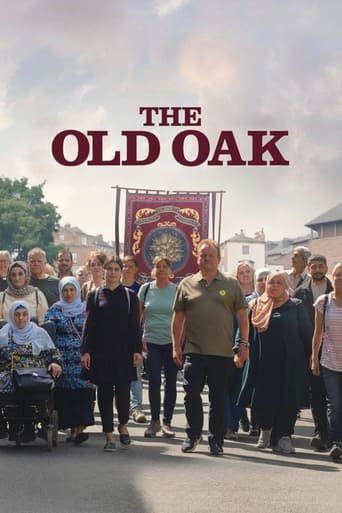Columbus (2017)
When a renowned architecture scholar falls suddenly ill during a speaking tour, his son Jin finds himself stranded in Columbus, Indiana - a small Midwestern city celebrated for its many significant modernist buildings. Jin strikes up a friendship with Casey, a young architecture enthusiast who works at the local library.
Watch Trailer
Cast


Similar titles
Reviews
Truly Dreadful Film
Boring
The joyful confection is coated in a sparkly gloss, bright enough to gleam from the darkest, most cynical corners.
The acting in this movie is really good.
Columbus (2017) Not for everyone, Photography as central As story and plot. In Columbus, Ohio, Unlikely friendship. Through a shared eye for beauty, Each lets go of ghosts. Harold with no White Castle, A good performance. Richardson's is far better, Authentic, heartfelt. Serious roles, solemn film. Gorgeous building shots, Architecture lover's dream. A pleasant soundtrack, Perfect in its subtlety. Some might be bored but Like browsing an art museum, The long silences Are for reflection and thought. Might be slow at times, A few plot holes and loose ends, But worth the sensual escape. Choka (long poem) was an epic storytelling form of poetry from the 1st to the 13th century, known as the Waka period. The choka is an unrhymed poem with the 5-7-5-7-5-7-5-7...7 syllable format (any odd number line length with alternating five and seven syllable lines that ends with an extra seven syllable line). #Choka #PoemReview
This really is what cinema is all about. The plot is very simple, 2 strangers with a link become to know and explore one another and in doing so end up exploring themselves. At first you may find it tedious, but it's not long before you find that this is an incredibly intelligent film. It does not ram home plot points to make sure you understand, it leaves it up to you to work it out and assumes intelligence on the part of the viewer. It also doesn't waste time on meaningless and banal dialogue. What's there is there and needs saying, but if it doesn't need it, it's not said. I love that almost minimalist approach. Even the takes where virtually nothing is said are not empty, they're full of thought and meaning conveyed by nothing but the actors. The direction is flawless leading you through the story easily and with brilliant pace and flowing segues. The photography is almost art in it's own right, and I am pleased that unlike most modern movies they did not opt for a big musical score throughout the film, something I despise as often now films use music to lift an otherwise mediocre story. What music there was simply underlined the story, or emphasised it instead of drowning everything out raucously. The acting is sheer excellence. Richardson absolutely carries the film on her shoulders and despite the fact every character in it is directed and acts well, Richardson sucks you into the world, leads you through the stories and holds your hand as you navigate the spoken and the unspoken story and the thoughts it ignites. She is truly excellent. The film is truly excellent. It has been a pure joy watching it.
Speaking for myself, it took me about the first 20 minutes of the film to get some idea where it was going, which was about the amount of time it took the characters to figure out each other and where THEY were going. The 2 main characters are well-played, as noted elsewhere, and the supporting cast, particularly Posey and Culkin, are up to the challenge. Is the relationship between them going anywhere? It develops while we watch the two characters change each others' viewpoints, and at the end each has made a significant decision, is going in a different direction from where they started, and the two have become pretty important to each other. The story is convincing and beautiful to watch.
You couldn't shoot this movie in any other town. What first time director Kogonada finds in Columbus is a simple thesis; modernist architecture, by the likes of designers such as Eero Saarinen, Harry Weese, and I.M. Pei, their great planes of glass, jutting edges and spires, sharp dividing lines, and the lonely citizens that are framed by them, their lives impossibly tangled, their pathways weaving in and out of these pillars. For Casey, one of the sleepy town's youngest inhabitants (that has the freedom to leave), they may be her small consolation prize. She works in one of the fabled buildings, the Cleo Rogers Memorial Library, but spends most of that time shelving dusty books instead of gazing at the ceilings. Her first scene betrays her passion, a smoke-break turned daydream as she mumbles out imaginary tour guide sound bites across from the First Christian Church, teasing out the intricacies of its deliberate asymmetrical design. Yet these sleek walls and panels have little appeal when they reveal their contents; a heartbreaking scene where Casey surveys the glass interiors like a prison made for her mother, a recovered drug addict who cleans all night long. If you study her wardrobe you'll notice key design choices made to indicate Casey as an old soul, matured much beyond the confines of the titular town. Baggy mum jeans, loose-fitting blouses, long dresses bunched around her sandals. Yes, she's the responsible parent of the family, chasing up her daughter's missed phone calls, charging up to school with a firm reminder of her pick-up time. There's a slightly off-kilter moment where she declares her allegiance to old technology, "Smart phone, dumb human." Haley Lu Richardson delivers much of her dialogue gazing off-screen, with a wistful smile that doesn't quite reach her eyes. The mood in the Columbus air is melancholy. That draws John Cho's Jin closer, who can't wait to get out of town. Together they excavate the baggage of their difficult parent relationships, with conversations that tiptoe lightly around the subject, but withdraw quickly. Cho in particular does well with what he is given. His father only briefly graces the screen in the opening of the film, with Jin's actions made to outline the rough sketches of their strained relationship; a slight hesitant step before entering the hospital room, a retreat from the suffocating confines of modern living to nature outside. Even without knowing much about the man behind the mysterious pseudonym, you could pinpoint his favoured sources of inspiration. But we don't have to dig too deep. For those invested in the video essay scene, Kogonada will be a familiar face, known for years for his Vimeo-uploaded super-cuts exhibiting the immaculate centred frames of Kubrick, the flattened, scrapbook formalism of Wes Anderson, Ozu's penchant for boxing in his subjects with doorways and windows and walls. It's all there in Columbus, which embraces austere formalism like an old friend. If it wasn't already obvious enough, the director's alias is seemingly taken from Kogo Noda, Ozu's longtime scriptwriter collaborator. Kogonada has written and edited here, and he might as well be the DP too; the film's tableus are constructed from ground up, with the characters arranged around the architecture and dictated by the strong lines, not the other way around. While they weave in and out, and trudge to and from mirrors and showers, the camera is still. They'll be obscured behind glass, or heard from behind a corner, or framed through a corridor. Even strolling through an office, the line of desks are arrow straight, and the sticky notes are placed impeccably. Rarely does Kogonada cut to a closeup. When he does for what should be the most revealing moment of the film, where Jin presses Casey for what truly moves her about these buildings, it's merely to resort to a disappointing indie cliché - deigetic sound cuts out, and she confesses wordlessly over soft music. I should be feeling more for this girl. She veers a little into cliché, but there's a worldly weariness about her that separates from the usual archetype. Richardson's ability to sudden crumble under the weight of all her anxieties, seen in another muted moment in the car, is extraordinary. She suddenly reverts to the child that had to see her mother as an addict at fourteen. Yet her overall journey is so isolated from the rest of the plot. She weeps on behalf of her mother, who doesn't even get a say in this decision. And what of her and Jin's tumultuous relationship? They're willing to aim barbed insults at each other and then be cordial the next meeting. He doesn't even eventually get the chance to shed tears, or muse on the lack of them.

